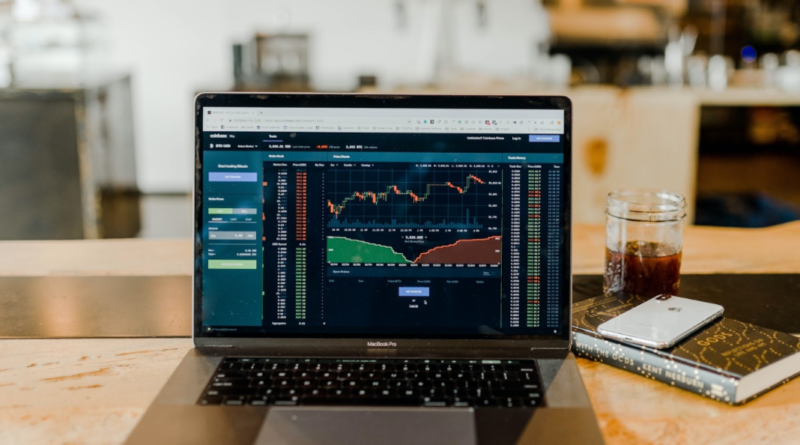How to stop practicing bad options trading habits in Asia?
In any market, participants are bound to have their own rules to survive in the land of sharks. However, even with different rules in play, some general guidelines need to be strictly followed. For instance, these include not divulging insider information and not destroying evidence after committing a crime.
Yet what is most iconic about so-called “trading habits” is when they start affecting traders’ decision-making process, which usually does more harm than good for investors. More often than not, this harms both personal lives and careers.
For example, one set of bad trading habits that most Asian options traders seem to share is having too much time left on options’ expiration dates. This is the root of many mistakes made in executing and planning strategies. However, you can rectify these bad habits.
Always check the expiration date
One of the ways to avoid this is to always check the expiration date before placing an order. As much as possible, you should place orders no later than 10 minutes before markets close. Even if you are entering a trade based on other people’s tips, it is still best to know your options in terms of time. If you miss your chance, then at least continue monitoring the market until there are only 15 seconds left in trading hours.
Another way to prevent committing this mistake is by looking at charts or price patterns instead of relying too much on news updates or advice from people around you. Though data may not always be accurate, they tend to give traders a better idea of what might happen in the future.
Know when to exit a trade
One of the most significant mistakes traders commit is not knowing when to exit an already lousy trade. While it is true that many times, some traders tend to be profitable even after some time has passed, this does not necessarily mean that they will continue performing well by the end of their expiration date. Knowing when to mitigate your losses instead of waiting until all hope is lost can help you avoid regrets later. Furthermore, by doing this, you are also putting more trust in yourself and your intuition rather than someone else’s opinion or advice.
Another way of rectifying this mistake is by limiting the amount of money put on each trade, allowing traders more leeway when deciding to cut losses or wait for a more suitable time to strike. If an investor is forced to trade with limited financial resources, there’s a higher chance that they will manage their capital better and proceed more wisely to avoid further damage.
Use technical analysis better
One of the biggest mistakes made by options traders in Asia is their lack of trust in using technical analysis in trading. Even though many people think that charts may not always be reliable, they can help investors see when patterns are being formed, providing even more insight when deciding whether or not to enter any given trade. In addition, when there is a possibility of having support or resistance levels in a market, traders can be more confident when placing trades and deciding on proper strategies to make profits.
Another way to avoid this mistake is by using a technical analysis tool that gives real-time updates. Many websites and mobile applications offer these devices for free or at low costs, which can help take away any excuse not to use them correctly. Even though there may still be times when you will be wrong with your predictions, possessing the right tools will lessen the chances of failing miserably in your trade. Visit this website to practise your technical analysis skills.
Look at order execution times
There is nothing more defeating than seeing an order executed before you even get the chance to react. While this sometimes happens in most markets, it’s best to know how an investor can limit this from happening. Some ways of doing this are by ensuring that your orders are placed at least 10 minutes before markets close, so you have ample time to set the right price. Furthermore, placing orders earlier also gives investors more time to think about their strategy and analyze news updates, making them less likely to make panic sell-offs.


